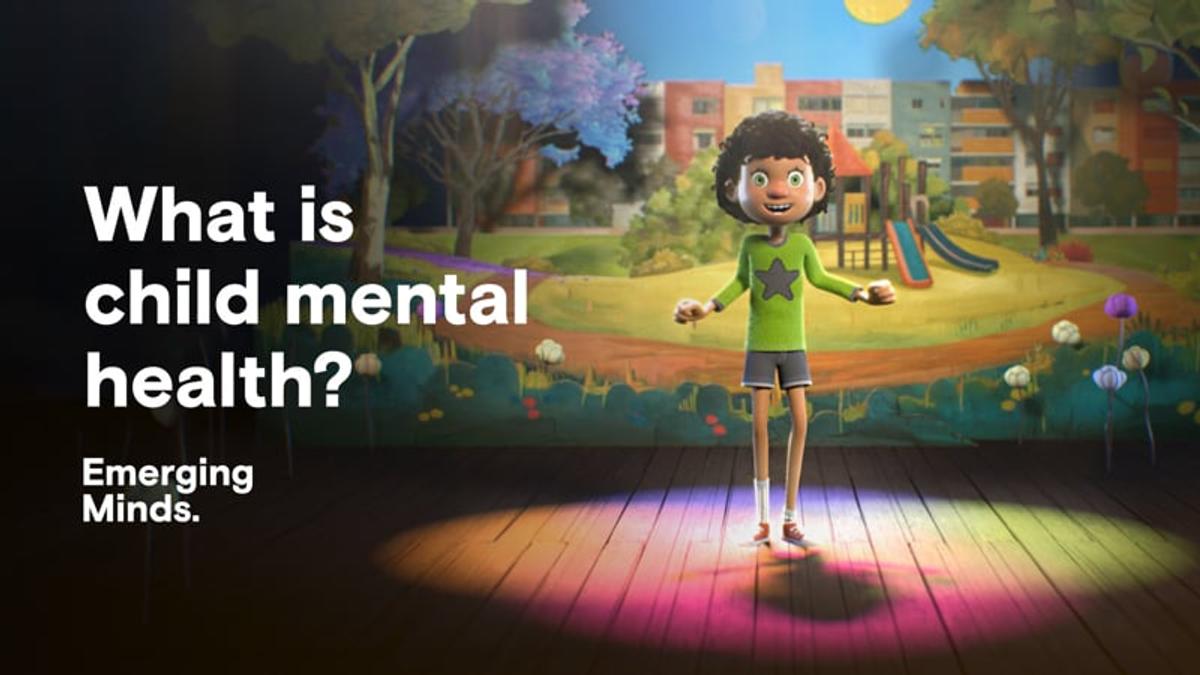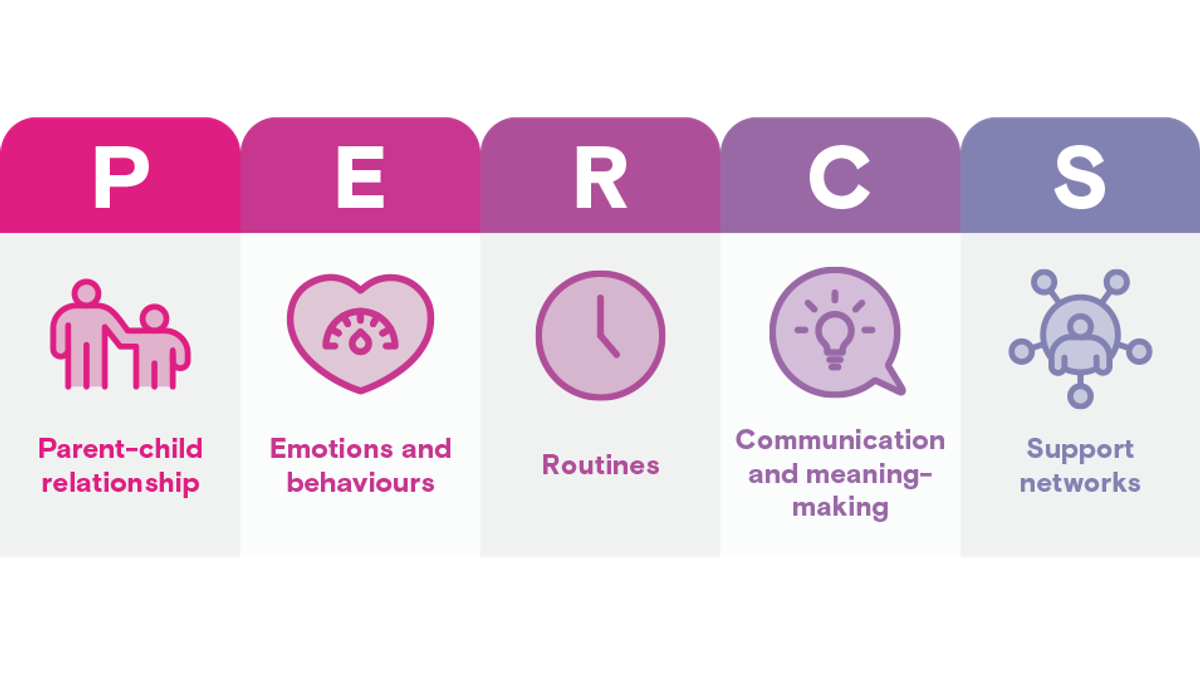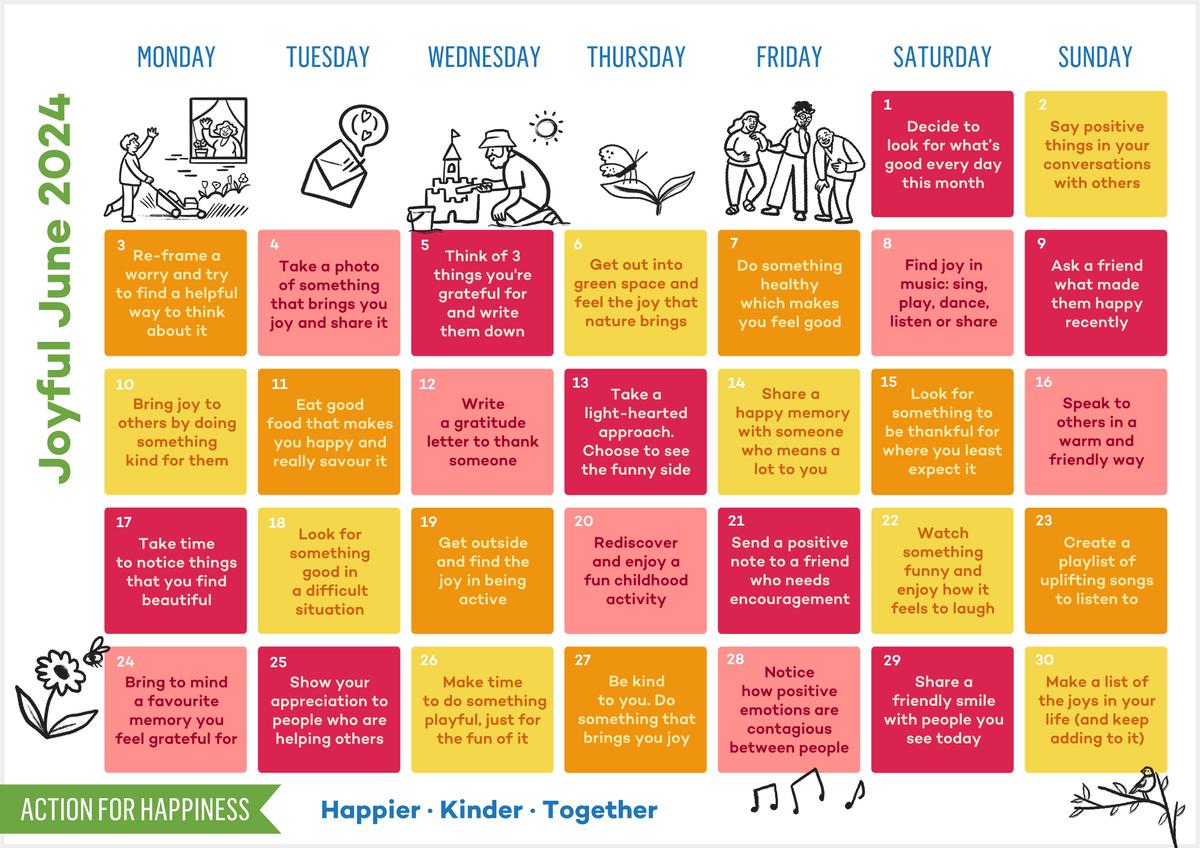Wellbeing

Understanding and Supporting Children's Mental Health
Some people and organisations use the term ‘mental health’ to mean mental illness. But mental health is something everyone has, including babies and young children. A child’s mental health can change, depending on what’s going on in their life, and is shaped by many different things.
Emerging Minds has developed a collection of resources to share some of the most important things we know about children’s mental health.
These resources will be helpful if you:
- wonder what mental health ‘looks like’ in children
- thought infants and children didn’t have mental health
- want to know more about what shapes a child’s mental health
- are curious about children’s emotions and behaviours
- are unsure whether a child’s reactions or behaviours are ‘normal’ for their age and experiences, or might be signs of mental health difficulties
- want to know what you can do to nurture positive mental health in your child
- want to know how you can support a child who’s dealing with challenges or whose family or community is facing tough times.
Knowing what positive mental health looks like, and how to tell if a child might need some extra support, helps us nurture and protect children’s mental health when they’re young. It also sets the foundation for good health and wellbeing throughout the child’s life.
Meet Emm. In this animation, Emm shares some key things every adult should know about children’s mental health and ways we can nurture it.
Whether life is going well right now, or your child or family is navigating tough times, there are five key things you can do to support your children’s mental health.
This resource introduces the ‘PERCS’ for families – the five areas of family life you can focus on to help nurture and protect your child’s mental health and overall wellbeing.
Joyful June
Even in tough times life can still be joyful.There are lots of small things we can do to generate positive emotions like hope, gratitude, enthusiasm and awe. This Joyful June calendar is full of actions to help you focus on what's good.
Marlborough's Wellbeing Hub
Please bookmark our Wellbeing Hub for many helpful resources, links and supports, in particular our Parents/Carers resource page.
https://wellbeing.marlboroughps.vic.edu.au
You will also find a link to the current Parentzone newsletter, with details of a variety of parenting programs on offer for Term 2.
Jenelle Seregin
Wellbeing Leader
Stay well this winter
Symptoms of influenza (flu) can hit very quickly and may last several weeks. Vaccination is the best way to protect yourself and others from getting the flu.
Keeping our school community well
Parents, carers and students are encouraged to practice prevention measures, including:
- washing and sanitising hands regularly
- avoiding touching eyes, nose and mouth with unwashed hands
- covering nose and mouth when coughing or sneezing
- staying home if unwell and consulting a general practitioner (GP) or Nurse-on-call as required
- staying up to date with flu and COVID-19 vaccinations.
Flu vaccinations
Flu vaccinations can be booked through GPs and pharmacies, many of which can also provide COVID-19 vaccinations. Flu vaccination is recommended for everyone aged 6 months and over.
Some people are more at risk of complications from flu and are eligible for free vaccination as part of the National Immunisation Program.
COVID-19 booster
The 2024 COVID-19 booster dose is available for everyone aged 18 and above.
Getting your booster dose remains the best way to prevent severe illness or hospitalisation, especially in people aged over 65 and those at higher risk of severe illness.
Children aged between 5 and 17 years who are at risk of severe illness can also receive a 2024 booster dose.
You can get your next dose at your local pharmacy or GP. To find one near you, refer to the vaccine clinic finder.
Find out more
For more information about preventing flu, and immunisation, refer to:



